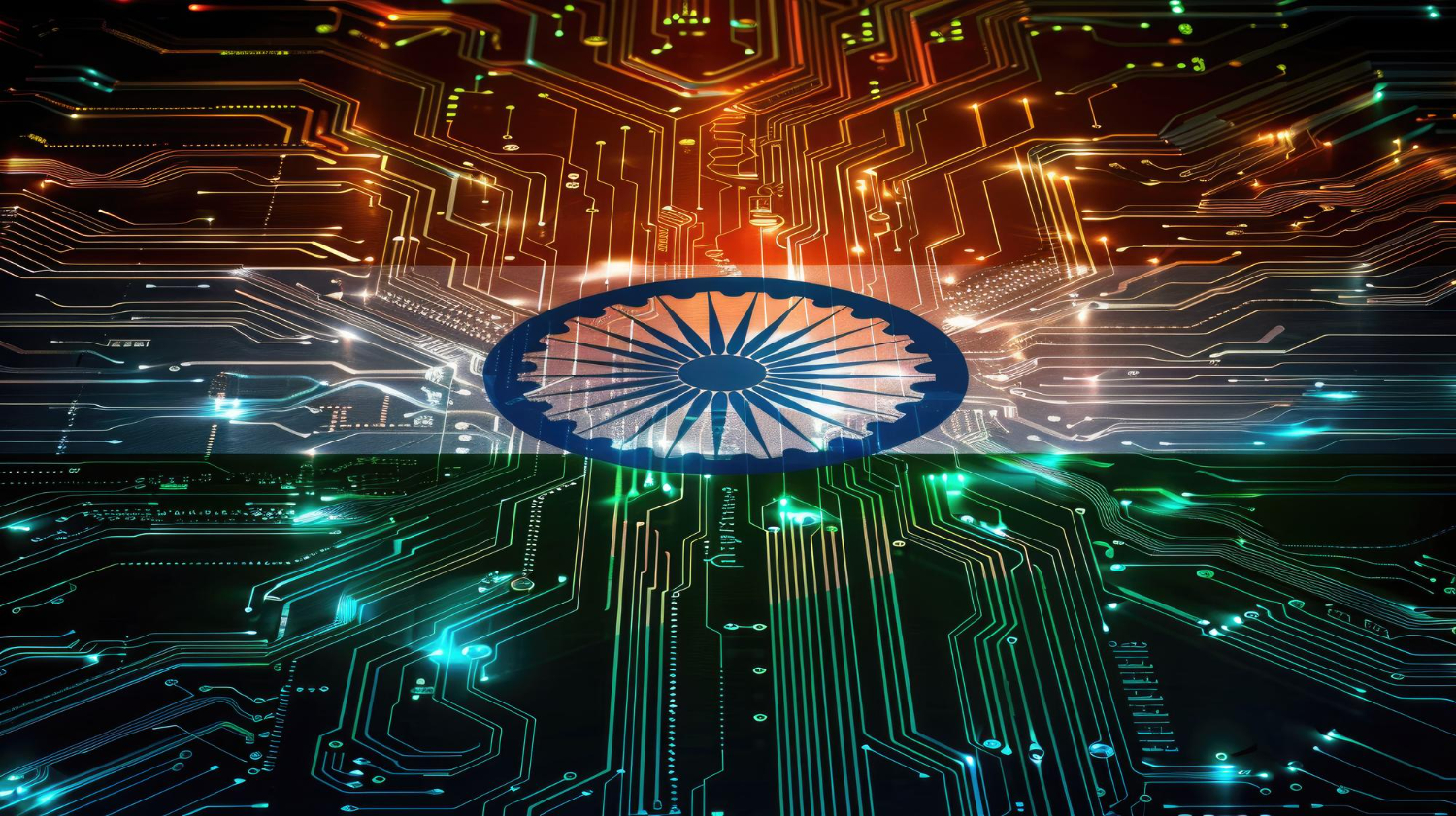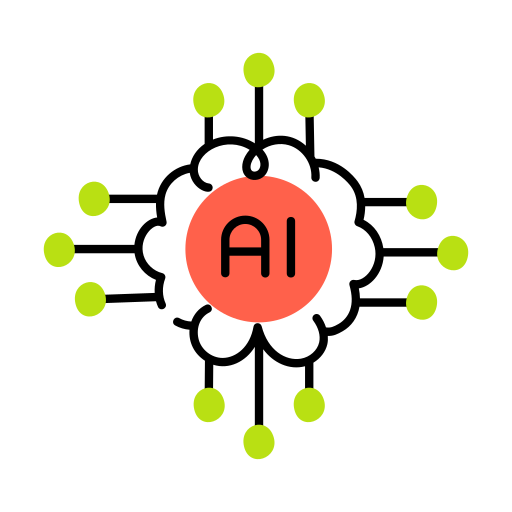How India Had Emerged as a Global It Powerhouse?

Have you also observed over the years how fast the IT sector has bloomed and advanced in our country? The country that was once primarily recognized for its agricultural roots has now become one of the global leaders in Information Technology. From coding to cloud computing, India is no longer just an emerging market, it’s a major IT powerhouse.
If you’re an IT enthusiast you’ll gain a clear understanding of how India’s IT sector has evolved significantly in recent years. We’ll explore the incredible growth, the surge in employment opportunities, and how this transformation has led to improving India’s global position.
In this blog, we will dive into India’s IT journey, from its modest beginnings to becoming a global tech hub. We’ll also highlight how this boom has benefitted the economy, transformed cities, and impacted other industries. Get ready to uncover the layers of India’s IT advancement.
INDIA’S IT REVOLUTION-FROM HUMBLE BEGINNINGS TO GLOBAL DOMINANCE-
India’s journey into the IT world began in the 1980s with limited infrastructure, minimal investment, and a workforce that was still adapting to the digital era. But by the late 1990s, cities like Bangalore and Hyderabad had started emerging as software hubs.
The turning point came when Indian companies such as Infosys, TCS, and Wipro began delivering software services to global clients. With cost-effective services, English-speaking talent, and a strong emphasis on technical education, India rapidly became the preferred outsourcing destination. Today, India contributes significantly to global IT services. According to NASSCOM, India’s IT industry reached a revenue of $250 billion in 2023, with over 5 million people employed directly in the sector.
Y2K BUG CRISIS -WHAT IS THIS?
One of the lesser-known but crucial turning points in India’s IT growth was the Y2K bug crisis. In the late 1990s, a worldwide panic emerged as systems risked failing when the year turned from 1999 to 2000 due to date formatting issues in code.
Indian software engineers came to the rescue, efficiently fixing code for companies across the globe. This not only solved a global tech problem but also established India’s reputation as a reliable and skilled IT services provider. This incident opened the floodgates for international projects, and Indian IT companies gained trust, recognition, and long-term partnerships with global firms.
METRO CITIES AND HOW IT HAS ADVANCED THEM-
India’s IT boom has had a transformative impact on several metro cities, each developing unique tech-driven identities:
1. Chennai-
Once known for its manufacturing and automobile industries, Chennai is now a hub for IT services and software exports. Major players like Cognizant and Accenture have large offices here, contributing to the city’s economic growth.
2. Bangalore-
Dubbed the “Silicon Valley of India,” Bangalore is the epicenter of India’s tech revolution. It houses giants like Infosys, Wipro, and a thriving startup eco system. The city is known for innovation, R&D, and global tech collaborations.
3. Pune-
Pune has emerged as a major IT and educational hub. With companies like Tech Mahindra and Infosys operating here, Pune balances a skilled workforce and a vibrant urban lifestyle.
4. Gurugram-
A leading destination for IT and BPO services, Gurugram has seen rapid infrastructure development, attracting global MNCs and transforming into a smart city.
5. Hyderabad-
IT has transformed Hyderabad into a global tech hub, earning it the nickname “Cyberabad.” The city hosts major IT parks like HITEC City and houses top global companies such as Microsoft, Google, and Amazon. This boom has driven job creation, urban development, and a thriving startup culture.
HOW INFORMATION TECHNOLOGY HAS TRANSFORMED OTHER INDUSTRIES AS WELL?
The impact of IT is not limited to the technology sector. It has significantly transformed several other industries:
- Healthcare: The integration of IT in healthcare has brought revolutionary changes. Digital health records, AI-driven diagnostics, wearable health devices, and telemedicine platforms have made healthcare more accessible and efficient, especially in rural and underserved regions.
- Education: IT has democratized learning through e-learning platforms, virtual classrooms, and online certification courses. The rise of EdTech startups has made quality education available to students across different geographies and income levels, bridging the educational gap.
- Banking and Finance: The banking sector has been completely transformed by IT with the advent of online banking, UPI payments, mobile wallets, robo-advisors, and blockchain technology. These innovations have improved transaction speed, transparency, and financial inclusion.
- Retail and E-commerce: IT has driven the e-commerce boom, enabling businesses to reach customers far and wide. From personalized marketing using data analytics to inventory automation, IT solutions have helped retailers streamline operations and enhance customer experience.
- Agriculture: With agri-tech solutions, IT has empowered farmers through weather forecasting tools, crop health monitoring via drones and IoT sensors, and mobile applications offering market prices, government schemes, and best practices. This digitization supports precision farming and sustainable agriculture.
- Logistics and Transportation: GPS tracking, route optimization, and automated fleet management systems have optimized logistics and delivery services. Information Technology has improved supply chain visibility and efficiency, reducing costs and improving service reliability.
FAQs-
1. What roles do startups play in India’s IT growth?
Startups bring innovation, disrupt traditional models, and create niche technologies.
2. How has India’s outsourcing industry transformed its landscape?
Outsourcing has created millions of jobs, increased foreign investments, and contributed to infrastructure and urban development across cities.
3. How has IT education changed over time in India?
From basic computer courses to advanced AI, ML, and cloud computing programs, the IT education system has evolved drastically. Institutions now offer industry-aligned training to meet market demands.
4. How can I learn more about courses related to IT?
You can join SURESH IT- best Information technology institute in hyderabad and learn more about courses like Full-stack testing, Data Analyst- Power BI, etc.
CONCLUSION-
India’s journey in the IT sector is a testament to its adaptability, talent pool, and visionary policies. From solving global tech crises to leading innovations in AI and cloud, the country has firmly established itself on the global IT map. As digital transformation continues, India’s IT future looks even brighter.
Looking to be a part of this growing industry? SURESH IT- best Information Technology institute in hyderabad is your perfect go-to destination for industry-relevant courses like Full-Stack Testing, Data Analyst with Power BI, Selenium Testing, and more. Join us now!
FOLLOW US ON INSTAGRAM!














